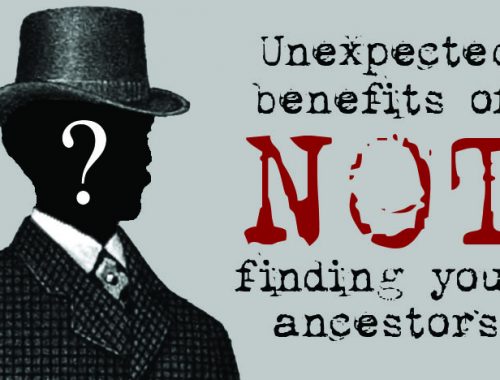If you use FamilySearch as well as Ancestry.com, you’ve probably heard of indexing before. Indexing projects give you scanned records in special programs so that you can type out the data written on them. That data then becomes accessible to others looking for the missing pieces of their heritage.
Why get into indexing work? Surely there’s a lot of work to do on your own tree. But even if that’s the case, you should give indexing a try. Here are some reasons to go into indexing to help your own genealogy work.
1. It’s easy
Many people think indexing and genealogy is for retired people–those with a lot of time on their hands. But indexing is actually easier than you might think for younger, ‘busier’ generations. Indexing is computer-based, so those most experienced with new programs and working with computers will find it easier than those who aren’t. It’s as simple as opening files and capturing the data on marriage, birth, death, and military records. Indexing does come with levels of experience required–like knowledge of other languages, or the ability to read more difficult handwriting. But you can find resources on reading handwriting, so it’s easy to do whether you’re indexing in English or in another language.
2. It gives you insight
Genealogy becomes much more exciting when you can see how people lived in a certain time period. Maybe your family lived in a similar time and place as the records you’re working on. You could be helping to index the records of your ancestors’ neighbors, or just painting a picture of what life was like there and then.
3. It fits your schedule
Whether you have several hours or five minutes, indexing is easy to get in and out of. It takes only a few minutes to look at a record and index a name or two, and it’s easy to put it down for a while if you have other things to do. There’s no need to complete your portion of a major project in one sitting. Spending a few minutes here and there still helps the record get on its wayto becoming searchable.
4. It’s an excellent service
The Ancestry World Archives Project preserves these important parts of history that would otherwise be lost. Indexing not only makes records searchable, it captures vital data off paper records that can’t and won’t last forever. Digitizing these names now helps these people find remembrance after they’ve been long forgotten.
5. See into important parts of history
Many of the World Archives Projects available right now cover important parts of history, such as Holocaust records, Northern Ireland from the 18th century to the early 20th, and the South during late Reconstruction. These time periods aren’t important only to the famous historical figures of the time. By indexing, you can learn about the real people behind major world events and famous figures.
6. It might help you with your own genealogy
Though there are many, many records and many, many names, if you index a record from the same time and place as your family, you might be lucky enough to run across a member of your family. Maybe you’ll encounter a birth or death record you’ve been desperately seeking! Or, as above, maybe you’ll gain insight into life at the time, which could lead you on a different path to your ancestors.



